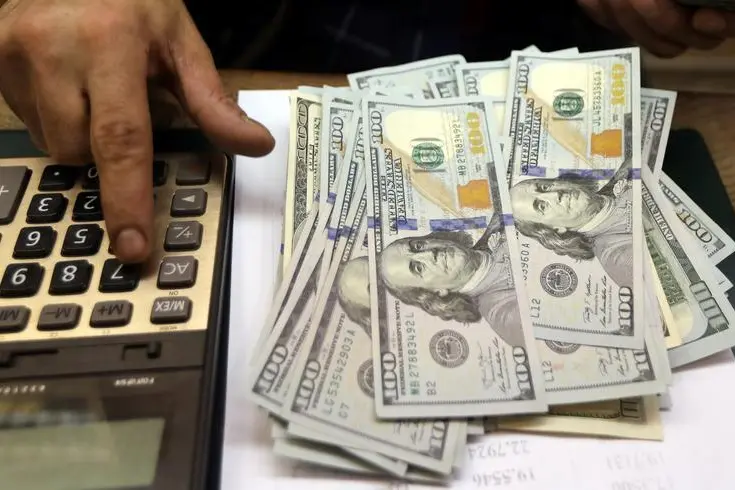PHOTO
(The opinions expressed here are those of the author, a columnist for Reuters.)
ORLANDO, Florida - The positive correlation between U.S. stocks and bonds is the strongest in years, if not decades, and whether it lasts hinges on just how the economy touches down this year.
There is no clear agreement on how the "hard," "soft" - or even "no" - landing scenarios are defined, so it is reasonable to assume that the path for stocks and bonds in the three eventualities is fuzzy too.
That's especially true of the "soft" and "no" landing scenarios. A "hard" recession, large-scale job losses, severe credit tightening and market volatility would almost certainly be an environment in which safe-haven U.S. Treasuries rise in value and Wall Street stocks head south.
In this scenario, the correlation between stocks and bonds will quickly turn negative. But - right now - it's also seen as the least likely of the three outcomes to play out.
Many economists have scrapped their recession calls entirely, the economy is still creating jobs, growth is expected to chug along at around a 1.5%-2.0% pace this year, and corporate earnings growth forecasts are still tracking above 10%.
Analysts at SMBC Nikko Securities note that the correlation between rolling 12-month returns on the S&P 500 index and Bloomberg Treasury index is the highest since 1997 and one of the strongest in more than half a century.
This positive correlation has been a puzzle for a while. Some analysts essentially boil it down to the ebb and flow of global liquidity, particularly since 2008 - all boats are lifted by the whooshes, and beached by the drainings.
But history shows this correlation often snaps back pretty quickly when it reaches extreme levels.
Deutsche Bank's Jim Reid also warns that the tight relationship between stocks and bonds is typically unstable and can flip very quickly.
"So enjoy the easy trading correlations for now with the full awareness that it will likely change before too long!" Reid wrote on Wednesday.
Of course, many economic and market rules of thumb that investors turned to for guidance have been upended by the Great Financial Crisis and the COVID-19 pandemic. Is this another one?
'SOFTISH' LANDING?
It's easy to envisage that correlation reversing quickly in the event of a hard landing. It's less easy to envisage what the potential implications of the other two scenarios are.
Some might argue that a soft landing will support equities and bonds - growth slows but the economy skirts recession, unemployment drifts higher but is nothing disastrous, and inflation comes back down to the Federal Reserve's 2% target, which allows the U.S. central bank to cut interest rates.
That's the textbook definition of a soft landing - raising rates to cool an overheating economy or inflation without triggering a recession - but it has only been achieved once in the Fed's history, in the mid-1990s.
But it's not the only definition.
In a paper last year, former Fed Vice Chair Alan Blinder said simply avoiding recession is too narrow a parameter. He argued there have been five "softish" landings after the Fed's last 11 hiking cycles going back to the 1960s.
Stuart Kaiser, head of U.S. equity trading strategy at Citi, expects the long-term correlation between the S&P 500 and the 10-year Treasury bond to turn negative, which is what the relationship was for most of the 1997-2021 period.
A soft landing can encompass a mild recession, an environment in which stocks are unlikely to perform well even if the contraction in growth and rise in unemployment is short-lived.
Kaiser believes a "no landing" scenario would be positive for stocks because investors will view higher Fed interest rates and bond yields as a consequence of stronger growth more than high inflation or unanchored inflation expectations.
However, it is also possible that a "no landing" scenario isn't particularly supportive of stocks if investors are forced to price out most of the 150 basis points of Fed rate cuts currently baked into the 2024 futures curve.
"There's a lot of nuance in the "landing" terms, but for us strong growth is good for stocks unless it creates another inflation cycle," Kaiser says.
"And even in that case I'd expect stocks to initially respond positively until or unless inflation really accelerates higher," he notes.
(The opinions expressed here are those of the author, a columnist for Reuters.)
(By Jamie McGeever; Editing by Paul Simao)





















